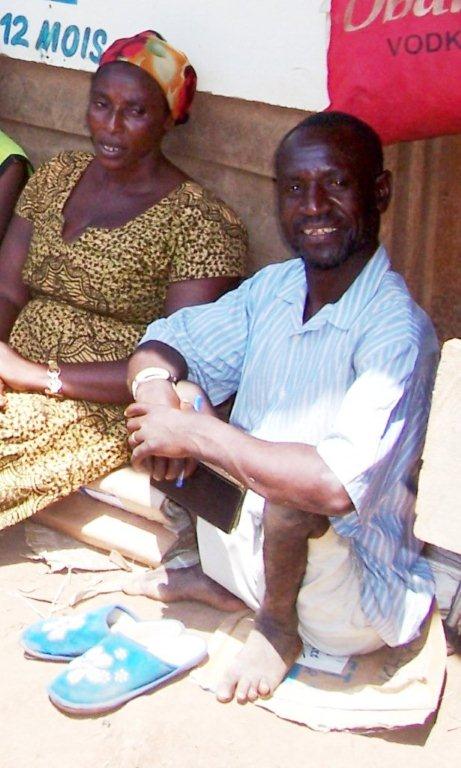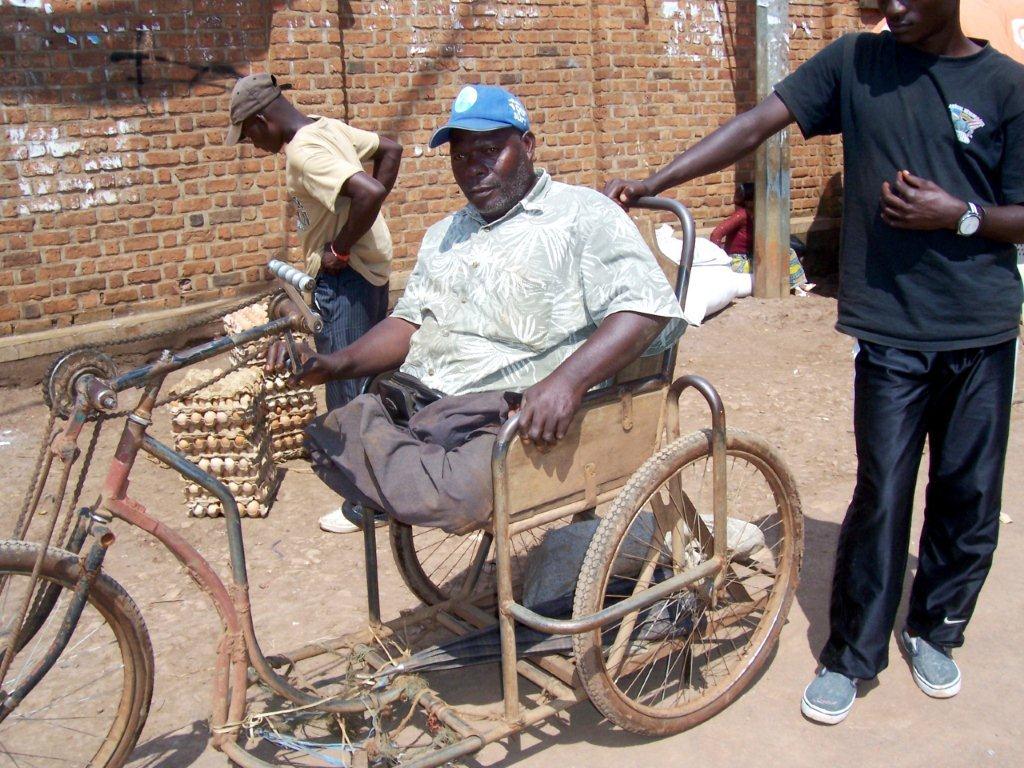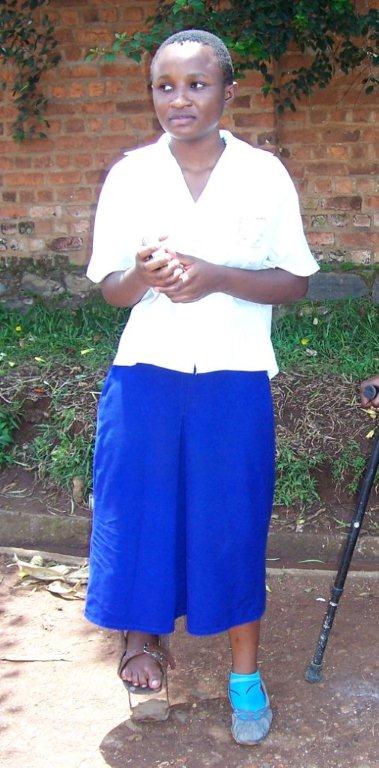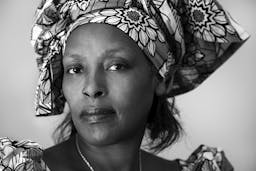Congo’s 7,000,000 Missing: How Persons with Disabilities in DRC are Finding Their Voice
Apr 23, 2020
Story



We who have so long been kept out of sight are beginning to take in the warm rays of the sun. In our eyes you will sense a spark. Hope is beginning to kindle among us; a flame thought forever extinguished. Who are we? We are the Persons With Disabilities (PWDs) of DR Congo, but there are few statistics proving our existence. In a meeting I attended with Handicapped International in 2007, they estimated that we are 10 percent of the 70+ million population: a huge demographic for which to have so little data. I’ve met with UNICEF leadership time and again to try and get them to facilitate the same educational programs for the disabled that they make available for the physically sound children. Their answer is always the same: There are no statistics to support funding. I received the same answer from Children in Crisis, who have done stellar work in our province through the years, and have programs for children with disabilities in other countries. “We don’t have the statistics,” they said. In a world where PWDs have been statistically enumerated in every way possible, in Congo, it seems, we are “out of mind.” We are set aside by our families and exploited by the unprincipled. But for survival’s sake, we have learned to appear grateful for any look our direction. There are laws against discrimination here, but the only tangible evidence of these is that we don’t pay taxes. There are no mandates for public access, or even a consciousness toward inclusion in the business of life. Most of us don’t have crutches; even fewer have wheelchairs. The more fortunate among us use sticks to “pole vault” around. Others move around the dusty roads with their shoes on their hands. The blind are led around by children to beg. We were the hunchback gatekeeper for a short time at CAPH, an NGO registered to support the handicapped, even though within their well-equipped offices, no disabled person will find employment or assistance. And soon, we too were chased away. We were hired by employees of International Rescue Committee (IRC) to wash clothes, but were made the house “whore,” because no one can hear the cries of a mute. For this outrage, we sought justice from the Minister of Justice, but ‘Minister’ was only his title, and Justice was not in his heart. And IRC’s Dr. John Marie, was only reassigned for his reprehensible deed. But, as mentioned, all of that is associated with our past. So what has rekindled us? I can tell you in one word: YOU. You are listening, and you are responding. We have begun to raise our voice about issues that affect us all. And you have replied with encouragement, training, and heartfelt words of support. You even published our Voice. Because you are listening, we have gained the COURAGE to speak. A couple months ago, we mustered the nerve late in the race to approach a leading Parliamentary candidate, Mwanza, about our voice and our vote. And he embraced us. It was the first time a candidate had ever given us any regard. It was powerful and empowering. Next election, candidates will have to compete for our voice! Before, we wouldn’t have risked it, but somehow now it feels that every word we speak has an audience who not only hears us, but feels us and supports us. We have begun to see ourselves differently, which is causing us to be seen differently, and causing us to see a different future: not just for us, but for all of us. We are no longer just envisioning a New Congo; we are speaking into it, and you are saying “YES.” Your “Yes” is reverberating in our midst, and causing a rebirth in our spirits. And we now know we are in the heart of the New Congo; a heart that will only beat stronger as our voices grow. And World Pulse is amplifying our beat. Because of you, the world is beginning to feel our pulse. This article is part of a writing assignment for Voices of Our Future a program of World Pulse that provides rigorous new media and citizen journalism training for grassroots women leaders. World Pulse lifts and unites the voices of women from some of the most unheard regions of the world.




